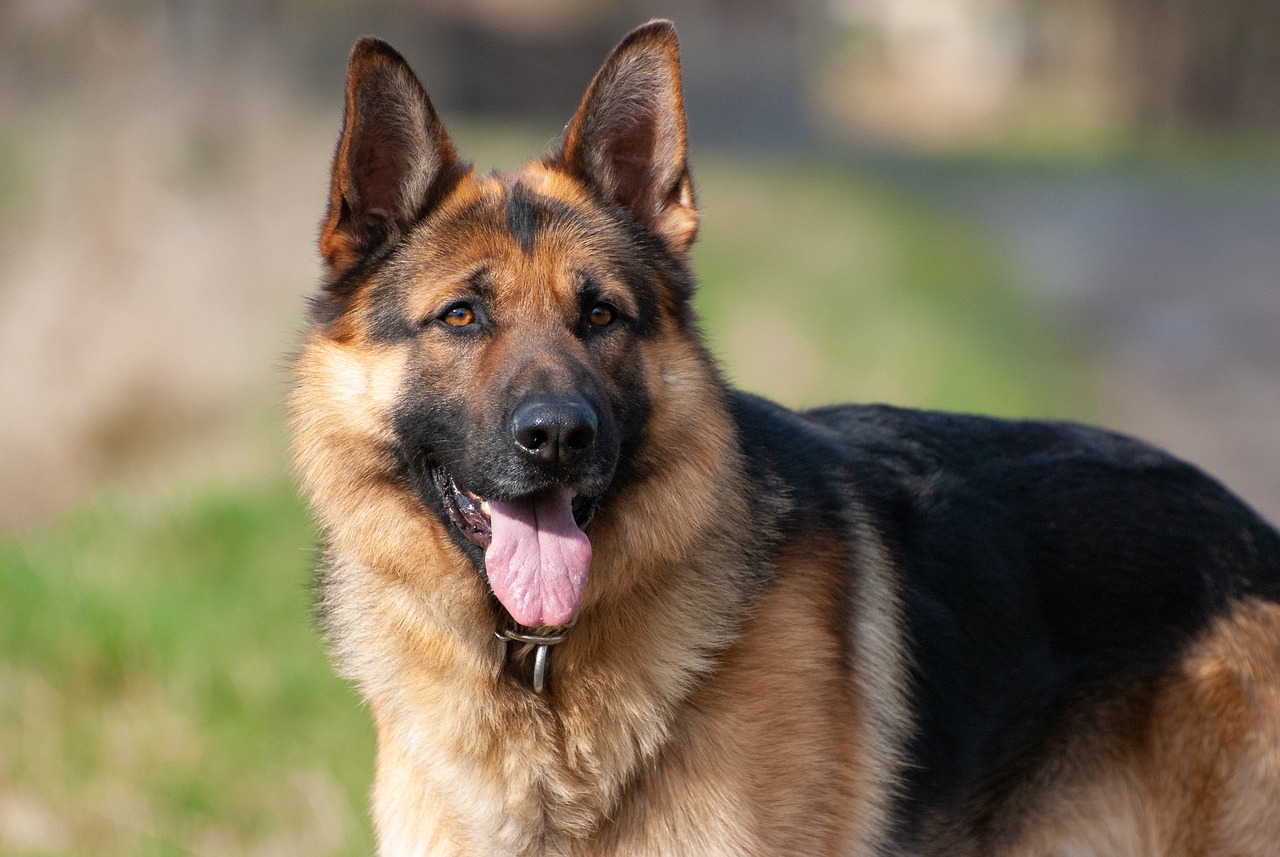In the world of purebred dogs, the demand for certain breeds has led to a surge in breeding practices that don’t always prioritize the health and well-being of the animals. Overbreeding, defined as the excessive production of puppies from popular breeds, often results in a myriad of health problems and contributes to the already overwhelming population of dogs in shelters. This phenomenon is not only a welfare issue but also raises ethical concerns about the responsibilities of breeders and owners alike. The following are eight dog breeds that have been significantly impacted by overbreeding, highlighting the importance of responsible breeding practices and the need for potential owners to consider adoption.
1. Labrador Retriever
The Labrador Retriever has long held the title of one of the most popular dog breeds in various countries, beloved for its friendly nature and versatility as a family pet, working dog, and service animal. However, this popularity has led to overbreeding, with many Labs suffering from genetic disorders such as hip dysplasia, obesity, and heart disease. The high demand encourages some breeders to prioritize quantity over the health and genetic diversity of the breed, exacerbating these health issues.

2. German Shepherd
German Shepherds are admired for their intelligence, loyalty, and capabilities as working dogs in police and military roles. Unfortunately, their popularity has also made them victims of overbreeding. Issues such as hip and elbow dysplasia, degenerative myelopathy, and temperament problems have become prevalent, partly due to breeding practices that don’t adequately consider health and temperament. The focus on specific physical attributes, like an exaggerated sloping back, has further contributed to the breed’s health issues.

3. French Bulldog
French Bulldogs have surged in popularity, thanks to their distinctive appearance and charming personalities. This demand has led to overbreeding and a host of health problems associated with their brachycephalic (flat-faced) features, such as breathing difficulties, dental issues, and spine malformations. Overbreeding has also led to a lack of genetic diversity within the breed, making these health issues more prevalent and severe.

4. Pug
Pugs are another brachycephalic breed that has suffered due to overbreeding. Their cute, squished faces have made them incredibly popular, but this same trait causes a myriad of health problems, including severe breathing difficulties, eye problems, and skin conditions. The demand for pugs has encouraged breeding practices that exacerbate these health issues, with little regard for the welfare of the animals.

5. English Bulldog
The English Bulldog is perhaps one of the most extreme examples of overbreeding affecting a dog breed’s health. Bred for their distinctive, wrinkled appearance and stocky build, many Bulldogs now suffer from respiratory, skeletal, and skin problems. Their compact facial structure leads to chronic breathing issues, while their hefty build contributes to joint diseases. Overbreeding has accentuated these problems, making the breed one of the most health-compromised of all.

6. Cavalier King Charles Spaniel
Cavalier King Charles Spaniels are beloved for their affectionate nature and beautiful, flowing coats. However, overbreeding has led to widespread health issues within the breed, most notably syringomyelia (a severe condition affecting the brain and spine) and heart disease. These problems are exacerbated by breeding practices that fail to responsibly consider health clearances and genetic testing.

7. Dachshund
Dachshunds, known for their long bodies and short legs, are prone to spinal issues, specifically intervertebral disc disease (IVDD), due in part to their distinctive physical structure. Overbreeding has increased the prevalence of this and other health issues, such as obesity and heart disease, by not adequately considering the genetic health and physical well-being of the breed in breeding decisions.

8. Yorkshire Terrier
Yorkshire Terriers are popular for their small size and vibrant personalities, but they are also prone to various health problems exacerbated by overbreeding. These include dental issues due to their small mouths, fragile bones, and hereditary diseases such as liver shunt. The high demand encourages some breeders to produce as many puppies as possible, often at the expense of the dogs’ health.

Overbreeding is a significant issue within the dog world, impacting not just the breeds mentioned above but many others. It highlights the importance of responsible breeding practices that prioritize the health, temperament, and well-being of dogs over profit or aesthetic preferences. For potential dog owners, it underscores the need to research breeders carefully or consider adopting from shelters, where many purebred and mixed-breed dogs await homes. By choosing responsibly, dog lovers can help combat overbreeding and its detrimental effects, ensuring a healthier, happier future for our beloved canine companions.
 Toledo, United States.
Toledo, United States.